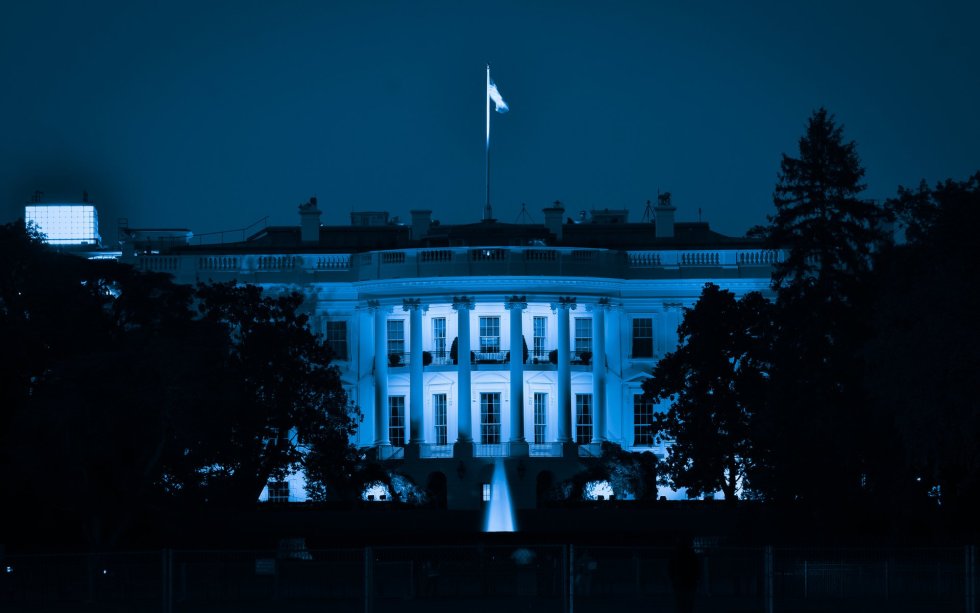White House cybersecurity coordinator and special assistant to the president, Rob Joyce, stated the US still has a long road ahead of it before it starts regulating the world’s first cryptocurrency.
Haste makes waste
Bitcoin investors in the US worried about government regulation need not start sweating, yet.
At the Munich Security Conference in Germany, Joyce — a nearly three-decade veteran of the National Security Agency who helps coordinate policy strategy in regards to cybersecurity between the government, private companies, non-governmental organizations and other countries — emphasized the importance of taking a measured approach to Bitcoin and the cryptocurrency space, as opposed to rushing in with government regulation which could have unintended consequences.
Joyce said:
I think we’re still absolutely studying and understanding what the good ideas and bad ideas in that space are. So, I don’t think [government regulation is] close.
Still, Joyce recognizes the already-proven criminal potential within the cryptocurrency space. As reported by CNBC — which incorrectly claims Bitcoin transactions are “completely anonymous” — Joyce doesn’t gloss over the inherent difficulties involved with monitoring criminal transactions across the blockchain, explaining:
We are worried. There are benefits to the bitcoin concept — digital cash, digital currencies. But at the same time, if you look at the way bitcoin works after there is a criminal act that takes place, you can’t rewind the clock and take back that currency.
Unlike banks and credit card companies which can reverse fraudulent transactions, for example, Bitcoin and other cryptocurrencies have virtually no means to protect those whose funds have been stolen.
“With the current instantiation of bitcoin and other cryptocurrencies, we haven’t figured that out yet,” said Joyce. “So it’s a problem.”
Nevertheless, the fact that the White House and US government are taking a measured approach to the regulation of Bitcoin and other cryptocurrencies can be taken as a positive sign in the face of what often feels like never-ending regulatory FUD.
To regulate, or not to regulate?
Internationally, cryptocurrency regulation remains a mixed bag.
French Finance Minister Bruno le Maire and interim German Finance Minister Peter Altmaier have called for a global crypto crackdown, fearing global financial instability, while British Prime Minister Theresa May has also expressed concerns over cryptocurrency’s criminal usage, stating that she is looking “very seriously” at cryptocurrencies “because of the way they are used, particularly by criminals.”
China remains firm on eradicating cryptocurrency trading from its borders, while India continues to send mixed messages — despite having no interest in banning Bitcoin.
Switzerland, on the other hand, remains as crypto-friendly as ever.
Are you happy to hear that the US isn’t rushing into Bitcoin regulation? Where do you see cryptocurrency regulation going internationally in 2018? Let us know in the comments below!
Images courtesy of Shutterstock, Bitcoinist archives.
